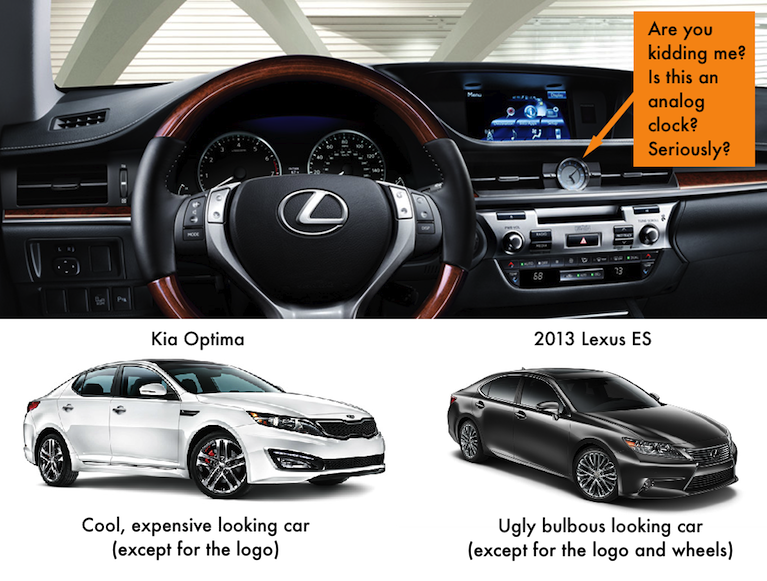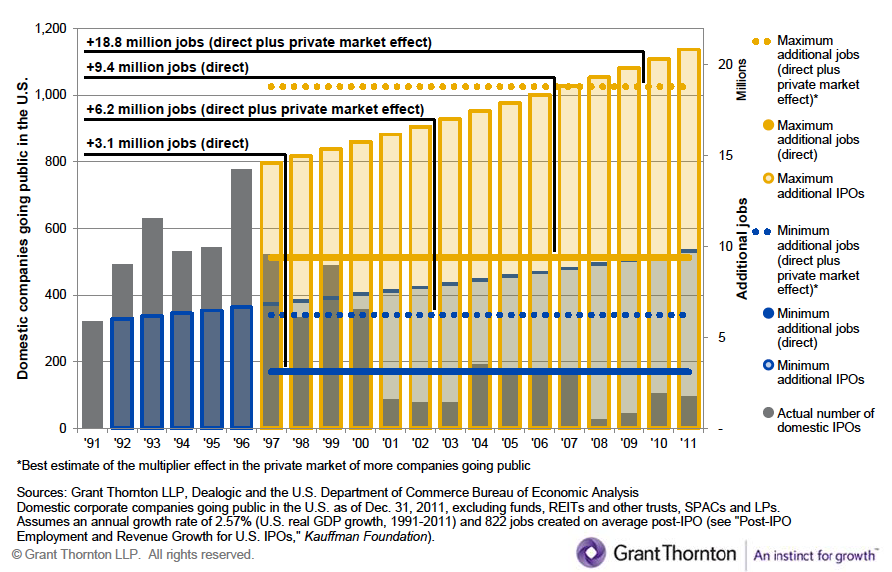I’ve said before, glibly, that I think President Obama’s second term will be epic. What do I mean by that? In the first term, there were emergencies that needed to be fixed (economic collapse) and band-aids that could do much good (healthcare). I suggest that President Obama must now fix some of the longterm structural problems with our government. Only a second term president could address these bedrock, “boring” issues. The President must use a combination of inspiration, the bully pulpit, and shame to convince Congress to do the right thing.
Gerrymandering. During the W. era, the Middle East joked of “Mullah Bush”. Common in corrupt countries: once you get elected, you stay elected for life. Luckily, that didn’t happen with Bush/Cheney, but a version is happening across the country in the form of virtually undefeatable Congressional Representatives. A nonpartisan and fair means of forming districts (that allows for both truly competitive elections but still allows diversity across the country) must be established.
Money in local and federal races. The “Citizens United” Supreme Court judgement has had effects from the national to state level. At the national level (Presidential Elections, Senate elections, Governorships) there is roughly a balance of power. But at the state level, small amounts of money can buy a state legislature and judicial system, without anyone noticing. This is deeply troubling for the future of our country. Fix this somehow.
The Senate (over)Filibuster. A true symbol of the dysfunction of government in the past several years, the filibuster rule in the Senate has been abused and must be modified. Unlike the old days reminiscent in Mr. Smith Goes to Washington, the filibuster is in name only: a whifff of a whim from a single Senator can shut down the Senate’s business. It is currently rests with the majority (60 votes) to overcome the minority objection. The rule must be changed such that the minority must, as was intended, really go out on a limb if they are going to filibuster. For example, let’s make 40 votes a requirement along with a around the clock preservation from the minority (instead of resting the requirement on the majority) . This would kill the obstructionism common to the “modern” Republican party and restore the President’s ability to nominate reasonable people to vital positions (in other words, staff the government properly).
Equality. The largest structural problem in the state of our society today is the growth of inequality. Partly a result of prior decisions (taxes, deregulation) and partly a result of new economies (computing, finance, etc.). Vast differences in wealth generation in the prior decades have given too much power to a small group of people while other societal changes (the destruction of the union, outsourcing) have limited the collective power of the working class. Somehow, we must move our country in the direction of greater distribution of wealth while still maintaining our capitalistic beliefs in property rights, and so on. Included in this is the a proper re-regulation of finance, see Regulate. We cannot have a country with a vast underclass and a small superclass – it slows our ability to compete internationally and slows humanity’s progress in general. Examples are all around us.
Regulate. The deregulation mantra of the last thirty years too often has effectively meant looting of the public system for the benefit of the few. Finance in particular has taken a too-big-percentage of the national wealth and brain-power. It is now a friction-force on our economy. Solutions to this have been suggested: a small tax on all trades (to limit rapid training and useless profits), break up the too-big-to-fail banks, Glass-Steagal, the Volker Rule. Unfortunately, President Obama missed his greatest chance during the economic crises to truly reform the financial system. Now it will be hard. There is a large addiction to easy money. Nevertheless, this is an addition we must give up.
Prisons and the death penalty. The USA has become a cruel place. We incarcerate a very large fraction of our population. The prison system is now a significant economic investment – and those are addictive (see Regulate). This is not a sustainable or moral path for our country. See Equality and Education. Immediate steps: Stop the death penalty; executive order immediately, law to follow. Close Guantanomo.
Healthcare. I find it bizarre that proponents of “small business” (genuflect when you say that) and entrepreneurship can also be so against universal (or at least effective) healthcare. I wager that if you ask many potential entrepreneurs “what’s holding you back? why don’t you quit tomorrow and start your company?” that you would here a response related to “but I will lose my health insurance.” Health insurance is another tool big companies use to own you, to lock you into the system. Think about this: roughly 2/3 of Americans are overweight. That’s a prior condition. We waste way too much money on our ridiculous, insurance-company-focused instead of health-focused system. This must be fixed.
Education and Integration. I have no idea how to fix the education problems in our country. There has been a huge influx of hispanic immigrants, largely uneducated, with no tradition of education. Whether it was a mistake to allow this to happen is immaterial; it’s already done. Now we must work hard to integrate these people into our society and culture, get them paying taxes, and make sure their children are successful. That means getting those children educated. That means money, it means protecting the fears of the middle class (competition to get into good colleges/schools is ever increasing), it means fixing the equality problem. We must make a renewed commitment to state universities. Harvard must get bigger. I have no idea how to fix the public k-12 system across the country. Charter schools are not the answer. We know that some districts have great schools – and parents can pay a house premium approaching $300k or more to buy into those districts. Bussing is not the answer – that’s not fair to them. All I know is that we must find a way such that every kid can reach their potential.
Science & Technology. So much of our wealth in the USA rests on the investments made in scitech after world war II. The whole world has learned that lesson well, I worry that we can forget it all too easily. A new commitment to designing well-paying and stable careers for our scientists and engineers, welcoming the brains of the world to our shore, and supporting education.
Patents. Wasn’t this just fixed? Um, no. Although the US has gone to a first to file instead of first to discover system, this will only exacerbate the problem with patents today. Patents have become a battleground of the super-companies, and a drag on all other business to the point of unfairness.
You’ll notice that I haven’t mentioned the deficit, taxes, or social security, medicare, etc. These are symptoms of the above problems.












